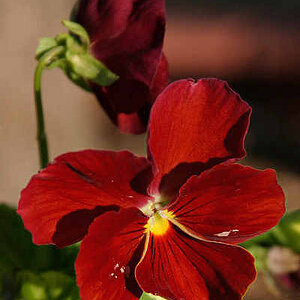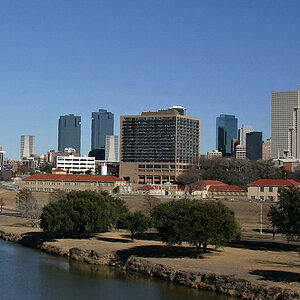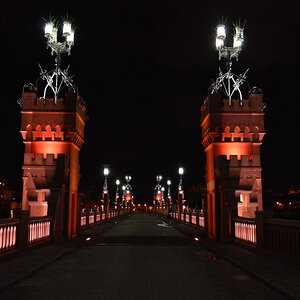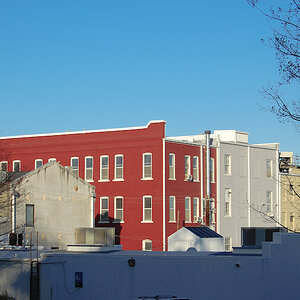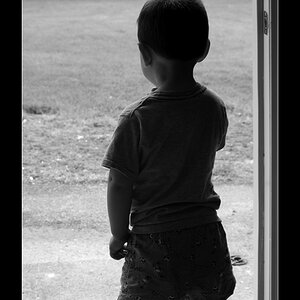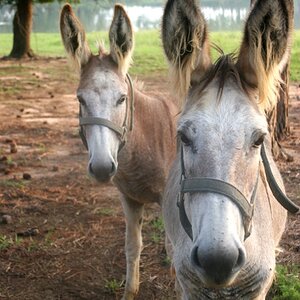Augenblick
TPF Noob!
- Joined
- Jan 28, 2007
- Messages
- 2
- Reaction score
- 0
Hello, I am just getting started in this. I have narrowed my choice to a Nikon series digital SLR vs. the Sony Alpha 100. I am leaning towards the Sony since I have difficulty holding a camera still sometimes (routinely use ASA 800 in my Nikon AF).
Please let me have advice on three questions:
Is the Nikon significantly better than the Sony? Or can I go with the Sony for the more stable platform?
I am a real beginner. What would be the ONE MOST USEFUL LENS to get first? What would be the second most useful and the third most useful lens?
What accessories do I REALLY need? Not the bells and whistles but really useful items that will help me take better pictures.
I am an amateur and this will be for my own enjoyment, cityscapes, landscapes, people, shots of Broadway at night.
Thanks in advance for your advice.
Please let me have advice on three questions:
Is the Nikon significantly better than the Sony? Or can I go with the Sony for the more stable platform?
I am a real beginner. What would be the ONE MOST USEFUL LENS to get first? What would be the second most useful and the third most useful lens?
What accessories do I REALLY need? Not the bells and whistles but really useful items that will help me take better pictures.
I am an amateur and this will be for my own enjoyment, cityscapes, landscapes, people, shots of Broadway at night.
Thanks in advance for your advice.




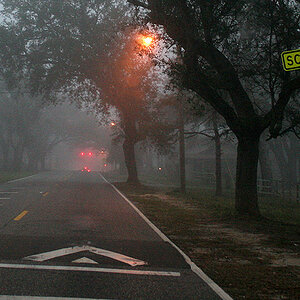
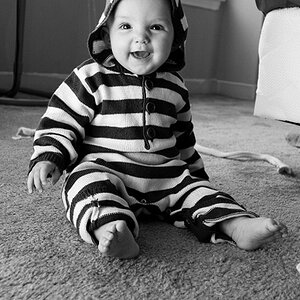
![[No title]](/data/xfmg/thumbnail/39/39293-55a527d2a9b287bf5e5b6d118abab22c.jpg?1619738958)
